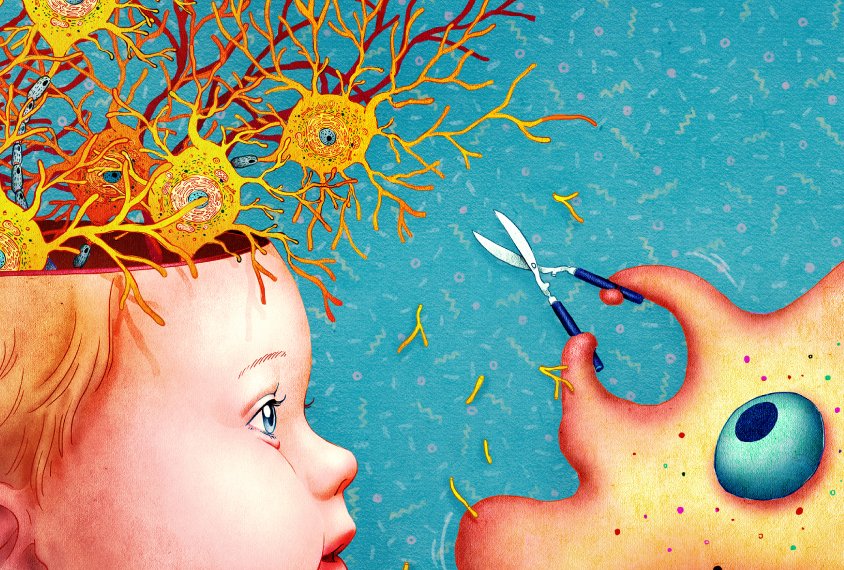
The pursuit for memory enhancement is necessitated by the increasingly aging population and increasingly prevalent memory disorders such as Alzheimer’s disease (AD). Advancing our understanding of the molecular basis of cognition is crucial for the development of new approaches to tackle cognitive impairment. Historically, brain neuroimmunology was primarily focused on how the immune system interacts with the nervous system in pathological conditions such as neuroinflammation. More recently, advances in neuroscience and immunology have revealed a bidirectional communication between neurons and immune cells, which is required for brain homeostasis. To date, neuro-immune interactions are increasingly recognized to be dynamically involved in cognition. Importantly, the molecular mechanisms by which neuro-immune interactions modulate cognitive processes in health and disease are still largely unexplored. To advance our understanding of the molecular basis of cognition it is imperative to define the molecular mechanisms by which underlying neuro-immune interactions operate. Recently, Dr. Ledo’s research uncovered an unpredicted neuro-immune pathway that can enhance cognition in mice . These findings support the hypothesis that brain neuro-immune interactions are critically involved in cognition. Dr. Ledo’s Laboratory will continue to explore new pathways that can enhance memory in mice by utilizing innovative multidisciplinary approaches.
